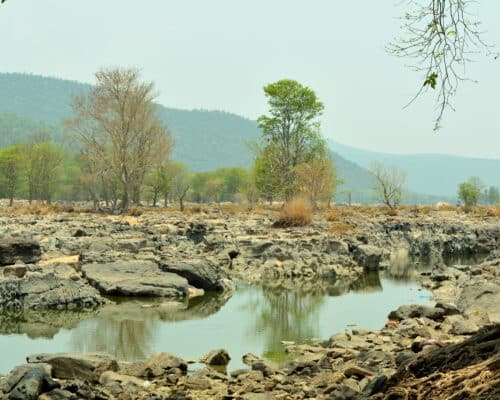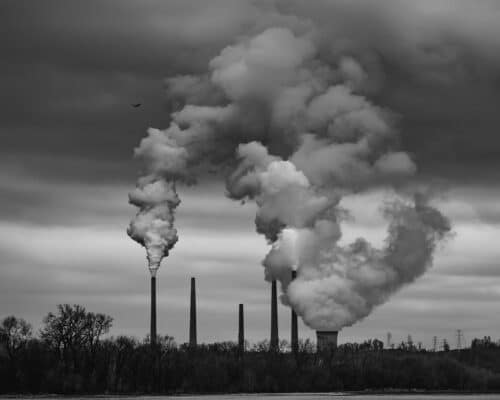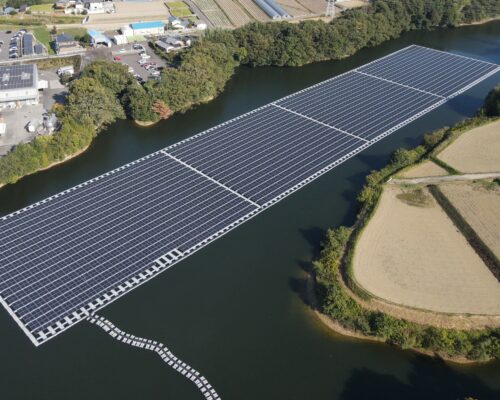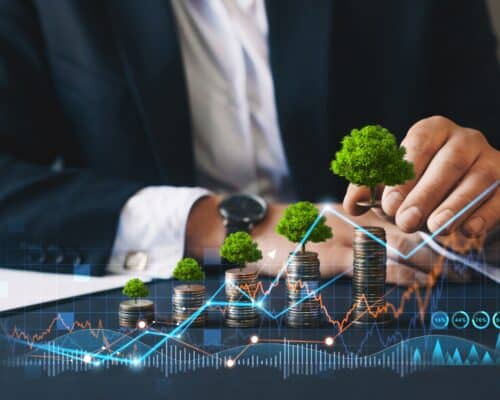Articles
The Reality of Oil and Gas Industry’s Net-Zero Commitments
There has been an increase in oil and gas firms committing to achieve net zero by 2050. However, with rising CO2 emissions, the current scenario demands immediate action. Experts stress the need to set an interim target with clear timelines.
The Post-oil Economy in the UAE and How It Is Preparing
The UAE is known for being in an oil-rich region and historically relying on oil exports as a significant part of its economy. This reliance on oil is now slowly changing in preparation for the post-oil world. Multiple government programmes and private sector investments are behind this transition.
The Proposed Vietnam PDP8 Update and the Risks From the Coal Pivot
The recently proposed update to the Vietnam PDP8 draft risks deteriorating the country's clean energy progress. Experts are united around the idea that the drafted coal pivot will surface various negatives, including lack of financing, slower clean energy transition, increased climate impact, and increased reputational risk for the country.
South Korea’s Renewable Energy Transition and Its Barriers
An analysis of the main obstacles that slow down the renewable energy transition in South Korea and the country's efforts to achieve net-zero by 2050.
Could the Rise of Vacuum Gas Oil (VGO) Signal the Fall of Oil?
Vacuum gas oil (VGO) is a mix of hydrocarbons produced during the extraction of crude oil. Over several years, the use of VGO has skyrocketed, a sign that the oil industry to fighting to squeeze every bit of efficiency out of their extraction processes.
Importance of Climate Finance and Climate Change to Strengthen Global Solidarity
Analysts are clear: climate financing is insufficient and unevenly distributed. Developing Asian countries, especially those in the south, have to be the most concerned, considering they are the most vulnerable to climate crisis impacts.
What Is the Future of Sustainability in Sports and Sponsorships?
The focus of sports has long been on competition, show and profit. Little emphasis has...
The Curious Case of SMBC Group – Financing Climate Change Offenders
While SMBC Group has taken some positive steps in terms of its green commitments, it falls way behind global and even local competitors. Unless the financial institution makes a dramatic U-turn, it will bear the consequences of excessive stranded asset and reputational risks.
Renewable Energy in Singapore: Sources, Plan and Strategy
Over 95% of the energy currently consumed in Singapore is from LNG and oil. However, the country has robust renewable energy targets for the next several decades, largely driven by local solar energy production and importing clean energy from neighbouring countries.
Solar Power in Singapore: A Shining Energy Source
Singapore is working to meet 28% of its peak power demand with solar energy by 2030. The country chose solar as its main renewable energy focus due to its high levels of solar irradiance and limited land area. To meet these targets, Singapore will need to invest in innovative approaches to harness its solar power, like floating PV systems.
IEA Gives G7 a Pathway for Decarbonising Steel and Heavy Industry
Decarbonising steel and hard-to-abate sectors is crucial for global net-zero aspirations. While challenging, it is possible, and IEA's list of recommendations set the perfect foundation for G7 countries to start leading by example.
Hyundai Backtracks On RE100 Pledge With New Ulsan LNG Plant
After joining RE100 and committing to 100% renewable energy, Hyundai Motor Company released plans for a new LNG facility. This directly contradicts its RE100 pledge and raises serious accusations of greenwashing. The move is surprising for the second-largest company in South Korea and is seen by many as a poor publicity choice and a financial risk. The project is currently on hold but remains a possibility.
Green Taxonomy: A Tool for Greenwashing
Countries across the world are adopting green taxonomies. They define what is considered "green" energy, support local development of renewable energy and play an essential role in the energy transition. However, some green taxonomies include transition fuels, which many experts view as an avenue for greenwashing non-renewable energy development.
How Iceland is Capturing and Storing Carbon Forever
Climeworks' Orca carbon capture facility in Iceland is an example of how to implement renewable-powered direct air capture(DAC) technology. It should be seen as a blueprint for similar projects around the world. However, DAC is still an expensive proposition, and it will fall on governments to support the industry as the technology improves and costs decline.
Most Popular
Most Popular
Categories
-
9
-
31
-
127
-
4
-
17
-
39
-
50
-
14
-
10
-
15
-
23
-
6
-
153
-
161
-
23
-
1
-
22
-
29
-
36
-
63
-
14
-
74
-
40
-
17
-
6
-
28
-
20
-
83
-
243
-
20
-
35
-
31
-
9
-
41
-
35



